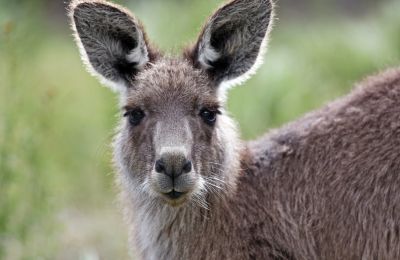Your support helps us to tell the story
From reproductive rights to climate change to Big Tech, The Independent is on the ground when the story is developing. Whether it's investigating the financials of Elon Musk's pro-Trump PAC or producing our latest documentary, 'The A Word', which shines a light on the American women fighting for reproductive rights, we know how important it is to parse out the facts from the messaging.
At such a critical moment in US history, we need reporters on the ground. Your donation allows us to keep sending journalists to speak to both sides of the story.
The Independent is trusted by Americans across the entire political spectrum. And unlike many other quality news outlets, we choose not to lock Americans out of our reporting and analysis with paywalls. We believe quality journalism should be available to everyone, paid for by those who can afford it.
Your support makes all the difference.New Scientist released an article on October 13 examining the health and environmental benefits of the Aussie grazer. Like other game meats, roo meat is high in protein and low in fat, but is it also one of the most ethically and environmentally sound sources of meat in the world?
Kangaroos live in the wild, are protected by legislation, and are harvested by licensed shooters in accordance with a strict code of practice. In addition, their digestive systems differ from ruminants like cattle and sheep, so they don't clog the air with methane, which some say makes their meat a good choice for combating global warming. In addition, "one kangaroo consumes about a third as much plant material as a sheep, and just 13 percent of the water," states New Scientist. For a country like Australia with periodic droughts, this is a very good thing.
In Australia, kangaroo populations are controlled to keep their numbers down, but the demand for their meat is limited to either pet food or the garbage heap. While roo farmers say it's easy to produce more product, increasing the public's appetite for it is a bigger challenge. In Australia, kangaroo is found on restaurant menus and store shelves, but most Australians see it as an occasional meal rather than a staple, such as venison in the US and UK. New Scientist cites a 2008 survey of almost 1600 Australians that found only 15 percent eat roo meat at least four times a year. Europeans however have a stronger taste for it, with 70 percent of kangaroo meat exported to Germany and France.
Because it is extremely low in fat (about 2 percent), kangaroo meat is healthful and high in protein. However, like camel meat, another reportedly healthy choice that is popular in the Middle East and sometimes served in Australia, it can taste dry, so is commonly mixed with other meats to form sausages and burgers. Kangaroo meat also has a very high concentration of conjugated linoleic acid, which has been attributed with a wide range of health benefits including anti-carcinogenic and anti-diabetes properties.
To read the New Scientist story: http://www.newscientist.com/article/mg20827811.400-eating-skippy-is-kangaroo-the-kindest-meat.html?page=1

Join our commenting forum
Join thought-provoking conversations, follow other Independent readers and see their replies
Comments